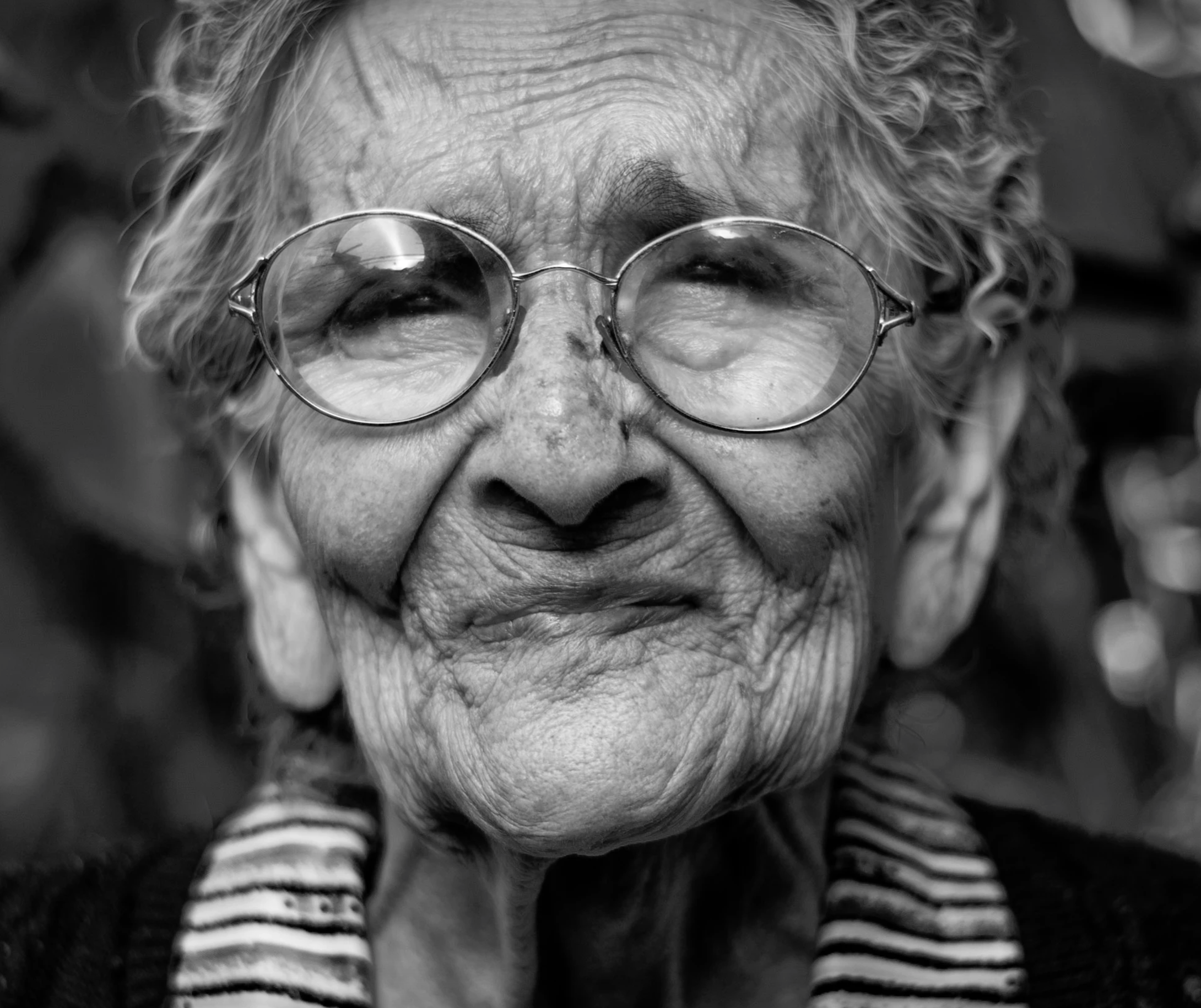Sally Perkins
Jul 19, 2017

Way back at the turn of the century when I was in my teens, I remember my late grandmother dismissing the trials and tribulations of old age as being “better than the alternative.” However, despite her no-nonsense resilience, there was a degree of looking on the bright side that seemed almost indecent when she passed away. “She’s with all her friends now,” was the general theme. Now, as my own parents enter their 70s, I have a sense of history repeating itself.
Mom and Dad have each other, but of course, the time will likely come when one of them is left alone. And it struck me that aging really can be a lonely business. Why should this be, though? I call in on them at least once a week with my own two kids, and when the worst happens, will make the effort to do more. But I couldn’t shake the feeling that somehow kids and grandkids, no matter how well intentioned, are not quite what the elderly need.
Friends and Family
It inspired me to learn a bit more about loneliness in seniors, and the results backed up my gut feelings. I came upon a global survey of more than 250,000 people that suggests friendships are even more important than family support when it comes to reducing stress and maintaining mental wellbeing, and are key to a happy, fulfilled and healthy life in later years.
The survey found that across all age groups, those who place value on friendships and family are happier and healthier. But as they get older, the importance of friendships alone gains increasing importance in dictating mental health and wellbeing.
The study was led by William Chopik of Michigan State University, who noticed this increase in the significance of friends over family begins in the 30s or 40s, peaks in the 50s or 60s, and remains high throughout the remainder of life.
It sounds counterintuitive at first - surely family is better than friends any day of the week? But it makes sense. A co-author of the report, Jamelia Bookwala from Lafayette College, suggests that there is probably truth in the old adage of being able to choose your friends but not your family. Friends tend to be of similar age, and therefore have a better idea of the day to day experiences and challenges that our parents and grandparents go through.
Helping Invest in Friendship
The survey results made me think about how I can help my parents remain happy, fulfilled, and stress-free in later life. The biggest “Eureka” moment was to realize it is not enough to say I will visit them more, or make sure they see the kids.
Next week I am going to sit down with them and discuss some of the local groups and social events that they often mention but never attend, as a first step in helping them cultivate a network beyond immediate family. Perhaps you should consider doing the same - after all, we will all be in the same position one day.
Sally Perkins is a professional freelance writer with many years experience across many different areas. She made the move to freelancing from a stressful corporate job and loves the work-life balance it offers her. When not at work, Sally enjoys reading, hiking, spending time with her family and traveling as much as possible.
Sally is a guest blogger and kindly shared this story on aging with us.
